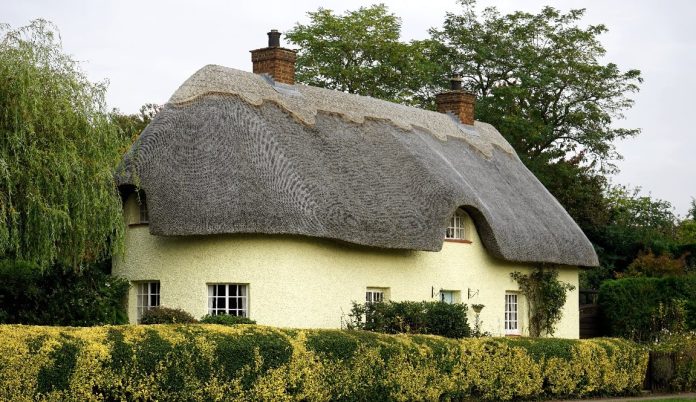Escaping the busy, bustling city to buy a home in the country is many people’s dream.
In fact, more and more people are choosing to relocate, with ‘many movers ‘leaving their regions’ main urban location for neighbouring towns and villages’.
That said, whilst the demand for country homes is increasing, there are various factors to consider before buying a house in the countryside. These factors include, but are not limited to:
- Local amenities
- Location
- Schools
- Shopping around
1. Local Amenities
The first factor you will need to consider before buying a house in the countryside is what local amenities are available nearby.
Depending on where you decide to live in the countryside, rural areas can be quite sparse. Before you buy a home you will need to consider what amenities you have locally.
A 2016 survey found that ‘access to amenities was important for 54% of movers’. From supermarkets, to local pubs, to walking trails and gyms, establish which amenities are a priority to you and research what amenities are available in the area you’re contemplating buying a home in.
While you might like the thought of living rurally, if the closest amenities are upwards of 30 minutes away, it might not be convenient or work for your lifestyle.
Take a moment to consider whether you will mind needing to drive several miles just to pop to the shops? Is there enough to explore in the nearby area to keep you entertained in your down-time?
These are all factors to consider and weigh up when deciding to buy a property in the country.
2. Location
Arguably the most important factor you need to consider before buying a home in the country is the location.
Remember that location can also impact how easy your house is to sell in the future. For instance, are you going to be living near a farm that smells a large proportion of the time?
This could have a drastic impact not only on your happiness of living there, but also on who will buy your house in the future.
Additionally, while single-track roads are highly popular in rural areas, if your new house is far out in the countryside, note how this can negatively affect receiving deliveries and can also prohibit what internet connection you can get.
A highly remote location might not be convenient to supply with WiFi, as ‘conventional companies cannot supply rural areas in the same way’. As such, which WiFi you get all depends on the wires that can be installed in the property, which could pose a problem if you work from home.
In addition to this, it’ll be highly inconvenient if your property is so remote you can’t receive deliveries easily, so this is also worth bearing in mind.
3. Schools
Something else to consider before buying a house in the countryside is whether there are enough schools around.
If you’re moving with your family, or know you might have kids later on in life, this is especially important.
Whilst owning a house that’s near a school can secure your children’s places due your house being within the catchment area, it’s also worth noting that being close to a school is a good selling point if you intend to sell your house in the future.
In fact, government research on state schools suggests that ‘homes near the 10% best-performing non-selective secondary schools sell for 6.8% more than homes in the surrounding area’.
Bearing this in mind, even if you’re not looking for a school personally, it’s an important factor to consider before buying a property.
4. Shopping Around
Last, but by no means least, you will want to consider shopping around before buying a home in the countryside.
If you’re tired of life in the big city, you’ll likely want to purchase your property in the country as soon as possible.
However, this doesn’t mean that you should rush the process of buying. That said, make sure that you are shopping around a few rural areas to get a better idea of what you want from your country home.
While there are many beautiful rural homes in the UK, you don’t want to underestimate the importance of finding the right area for you and your family.
Bearing this in mind, take your time, do your research, and carry out all of the necessary checks.
This is particularly important when it comes to factors such as carrying out house surveys, as the majority of rural homes are older and often need more work done to them.
Written by Jemima Thomas for Harris & Birt, an independent Chartered Surveying and Estate Agency practice based in Cowbridge and Cardiff.














